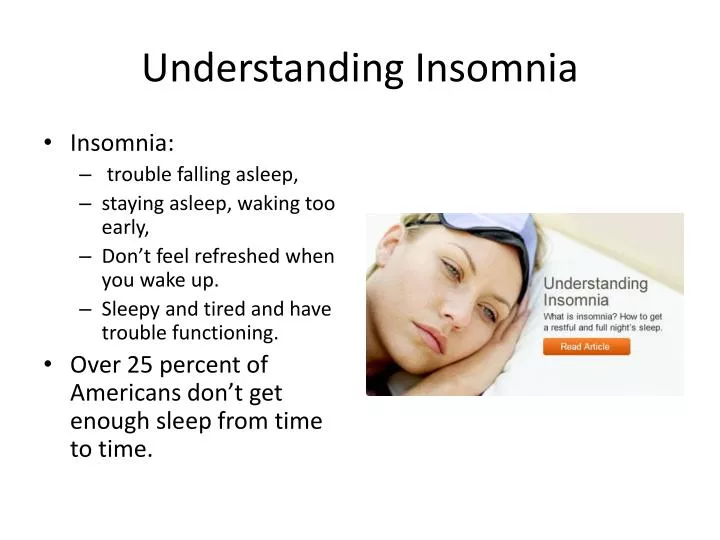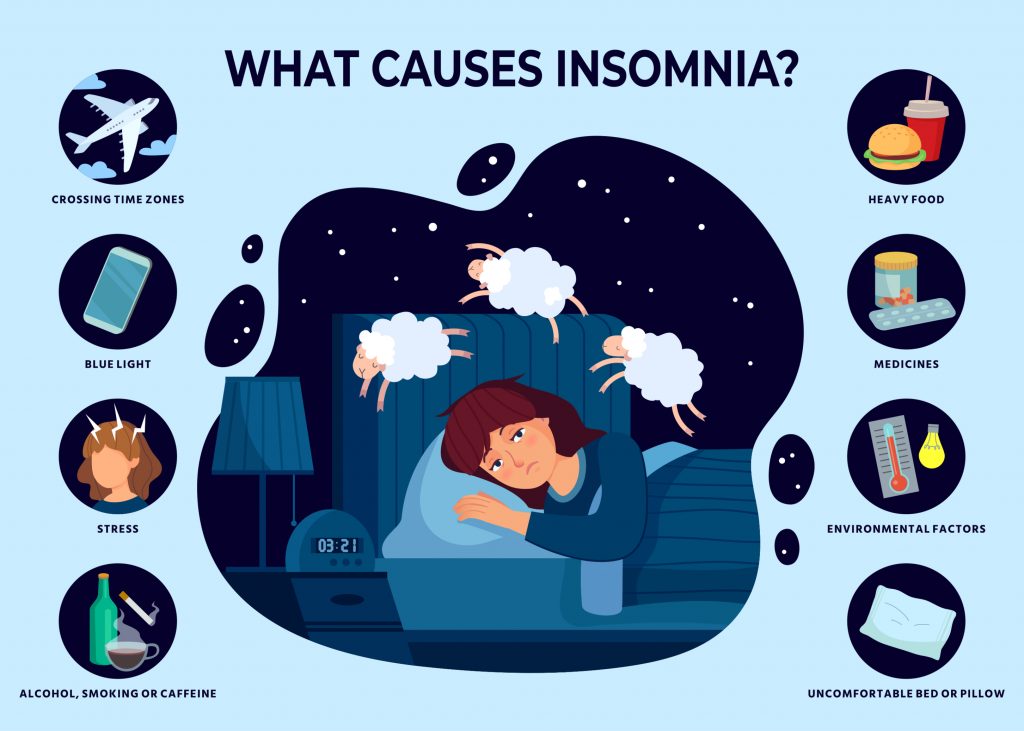
Individuals with insomnia are reliably distinguished from good sleepers by self-reported sleep symptoms, such as sleep latency (time to fall asleep) or wakefulness after sleep onset (WASO) >30 minutes. Insomnia is not defined by a specific sleep amount individuals with other sleep disorders and voluntary sleep restriction may also report short sleep. I am not consciously thinking about things that prevent me from falling asleep, or thinking about falling asleep or staying asleep and saying, “Oh, I wish I could sleep.” Are there other medications that I might consider, or medications in concert with the Neurontin that might help me to more consistently sleep? I need a good night’s sleep for emotional, intellectual and physical consistency. Not much has made my insomnia better or worse there haven’t been stress factors, work factors, family factors. Neurontin has been very effective in helping me to get more sleep, but I would not say that my sleep is reliable. I was not willing to even try it a second night. I had severe anxiety, felt very unsettled, and just was not happy. I took Ambien once and I was up the entire night. I liked being able to sleep but I did not like the side effects. Even if I slept through the night I often would wake up exhausted. Trazodone was fairly effective but I woke up groggy and I had really wild dreams.

Benadryl initially worked, but over time I needed to take more and more and then it became completely ineffective, or it would finally kick in when I needed to get up. I would wake up between 2:00 and 3:00 in the morning and that would be it for the night. I was exhausted and could have fallen asleep standing up, but I could not stay asleep. She finally slept, but then I could not sleep. My sleep got very disrupted and that continued until she was 7 years old. I never knew when she would go to sleep, when or how many times she would wake up during the night, or if she would be up at 4:00 in the morning. I had an infant who never slept, nursed every hour and a half around the clock, and was just a difficult sleeper. My insomnia began when I became a parent. Weight is 121 pounds, blood pressure 119/64, and pulse 68 beats per minute. Current medications include escitalopram 20 mg daily, gabapentin 1200 mg qhs, and nifedipine SR 60 mg daily in cold weather. She does not use tobacco and has 1/2 glass of wine 3 nights per week.

She exercises regularly by swimming, cycling, and running. She lives with her husband and two teenage children. M.s J’s past medical history is notable for mild depression, Raynaud’s Syndrome and myelodysplasia/myelofibrosis. She is very attentive to “sleep hygiene,” and maintains a regular bedtime and waking time. She currently takes gabapentin, which is working well. J tried several medications with variable success and side effects. She was able to fall asleep, but was unable to stay asleep after about 3 in the morning. By the age of 7, her daughter’s sleep was improved, but Ms. J is a 51-year-old woman with insomnia, which began at age 35 when her infant daughter had very disrupted sleep. Behavioral treatments should be used whenever possible, and medications should be limited to the lowest necessary dose and shortest necessary duration. Among pharmacologic interventions, the most evidence exists for benzodiazepine receptor agonist drugs, although persistent concerns focus on their safety relative to modest efficacy.

Simple behavioral interventions are feasible in primary care settings, but lack of training in these techniques limits their use. Efficacious treatments for insomnia include behavioral, cognitive, and pharmacologic interventions. The etiology and pathophysiology of insomnia involve genetic, environmental, behavioral, and physiological factors culminating in hyperarousal.

Insomnia is a risk factor for impaired function, the development of other medical and mental disorders, and increased health care costs. The prevalence of insomnia disorder is approximately 10-20%, with approximately 50% having a chronic course. Insomnia is a common clinical condition characterized by difficulty initiating or maintaining sleep, accompanied by symptoms such as irritability or fatigue during wakefulness.


 0 kommentar(er)
0 kommentar(er)
